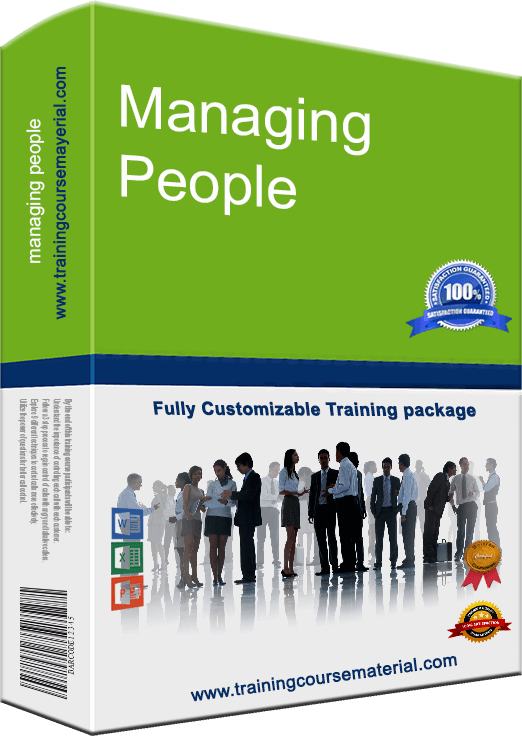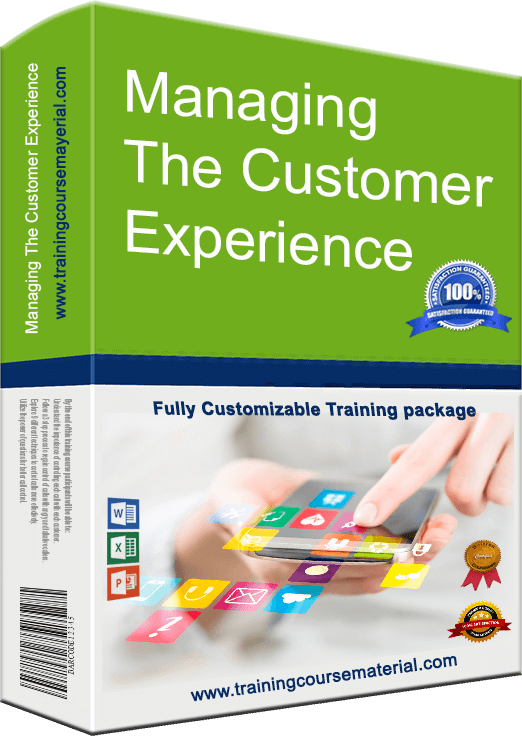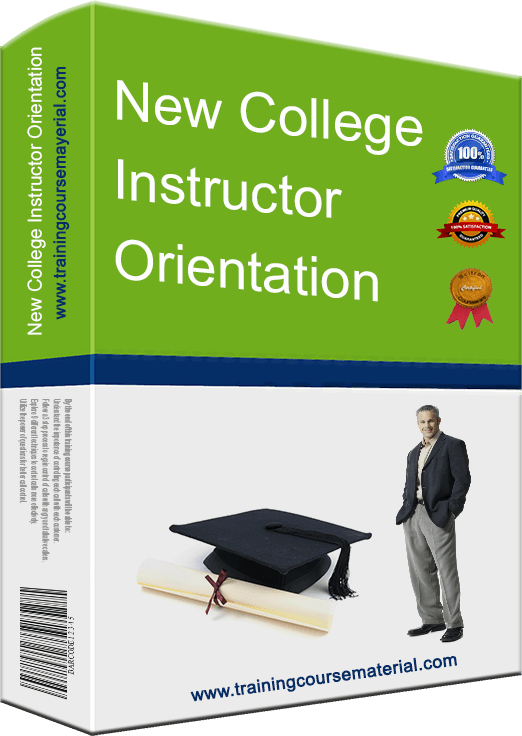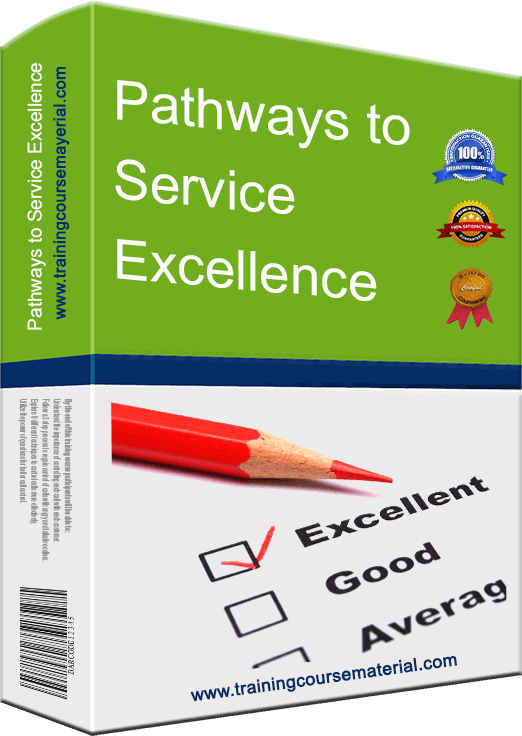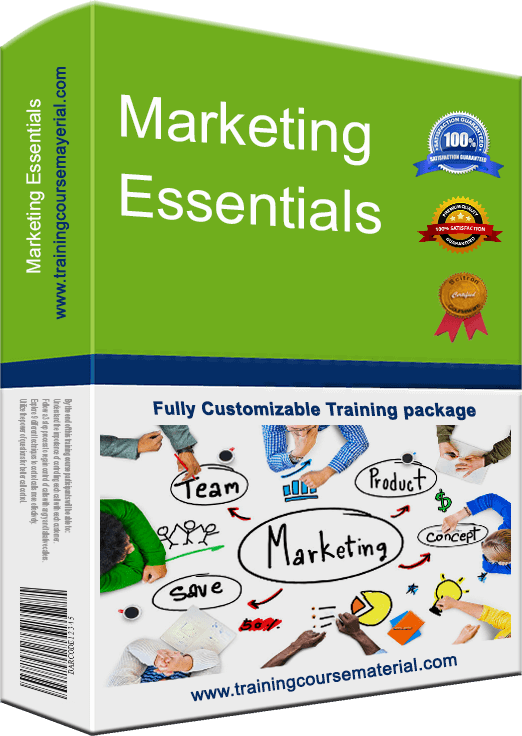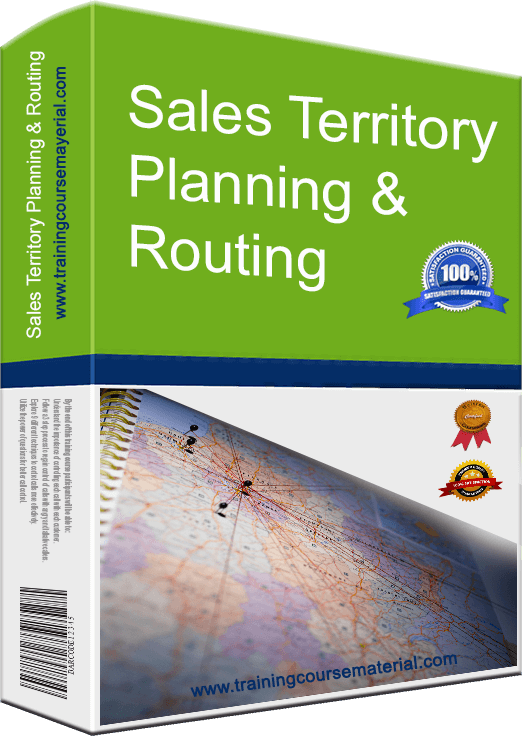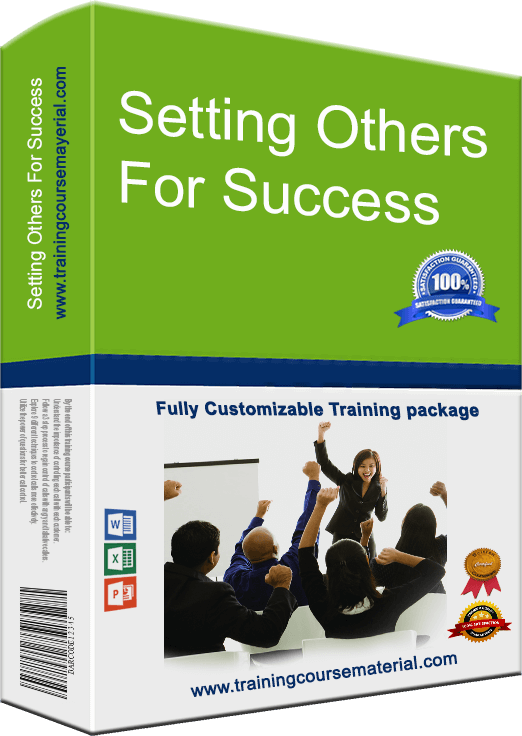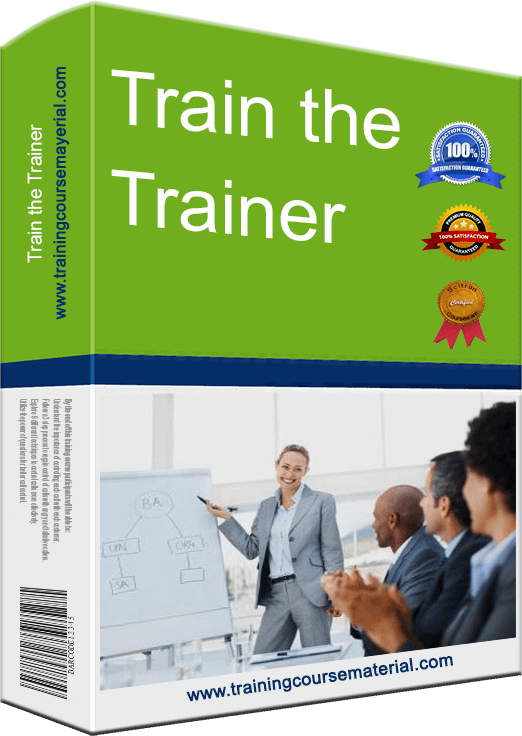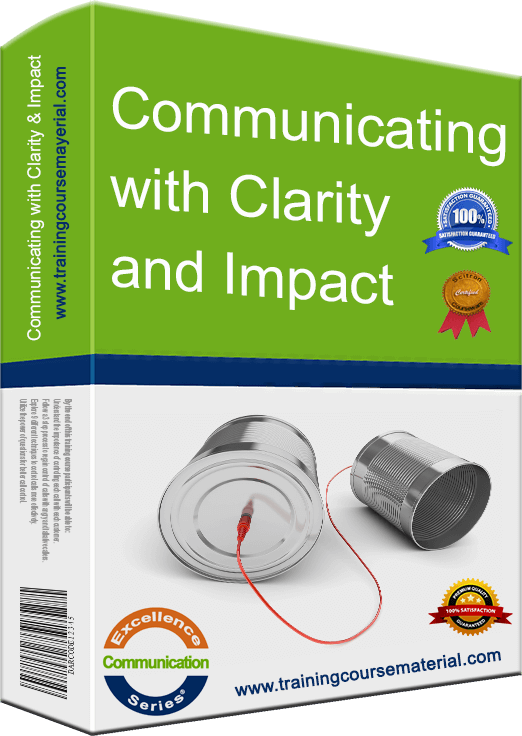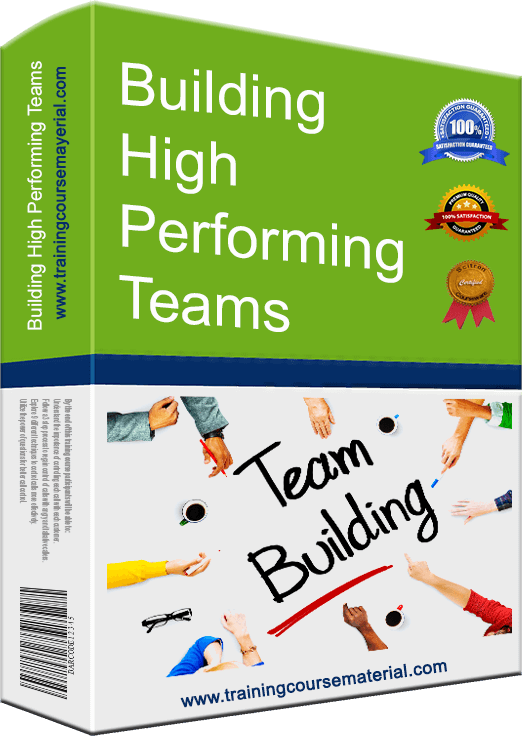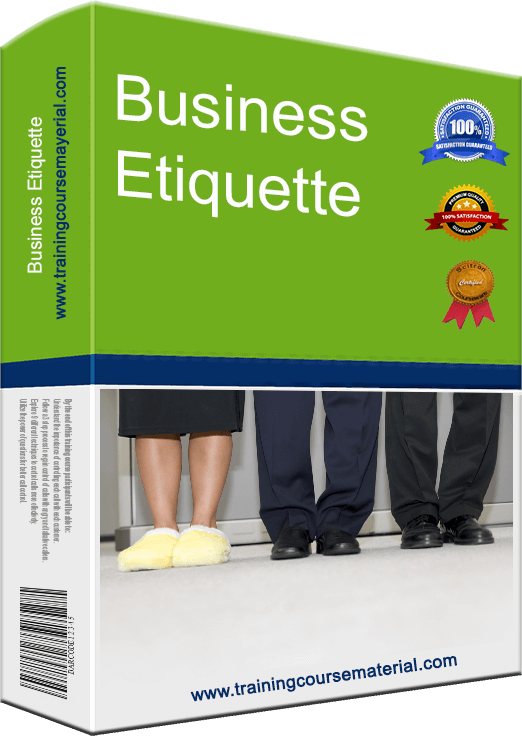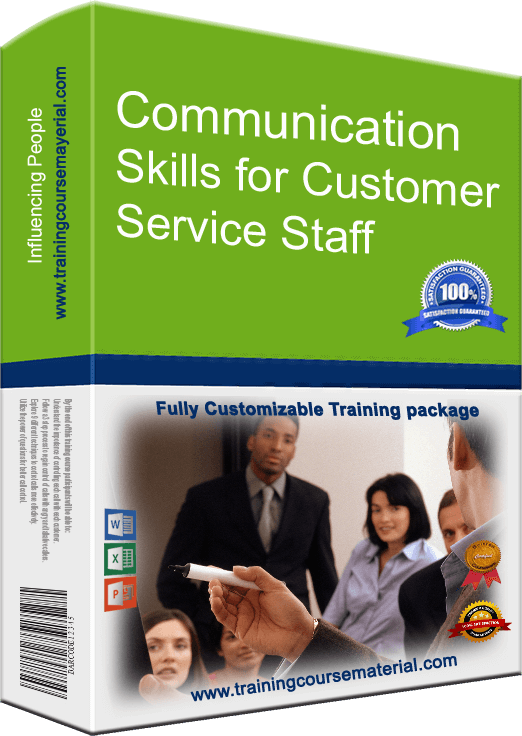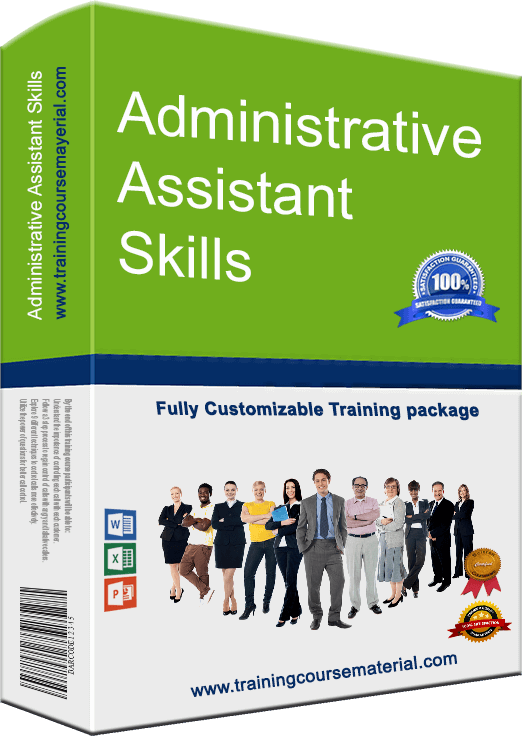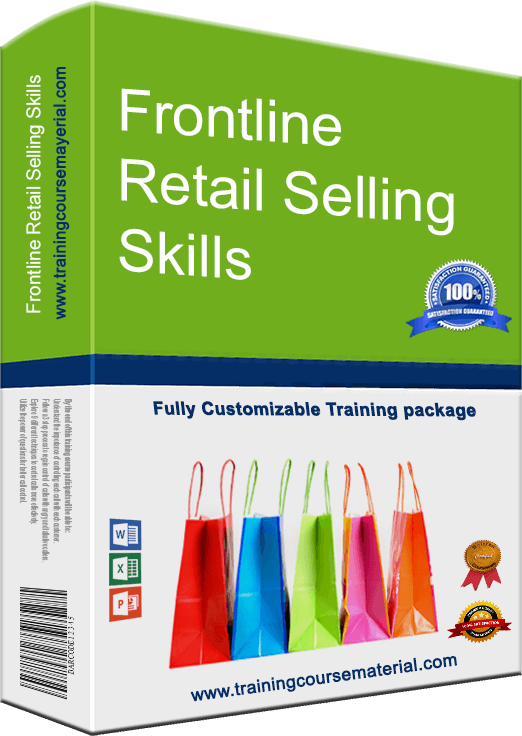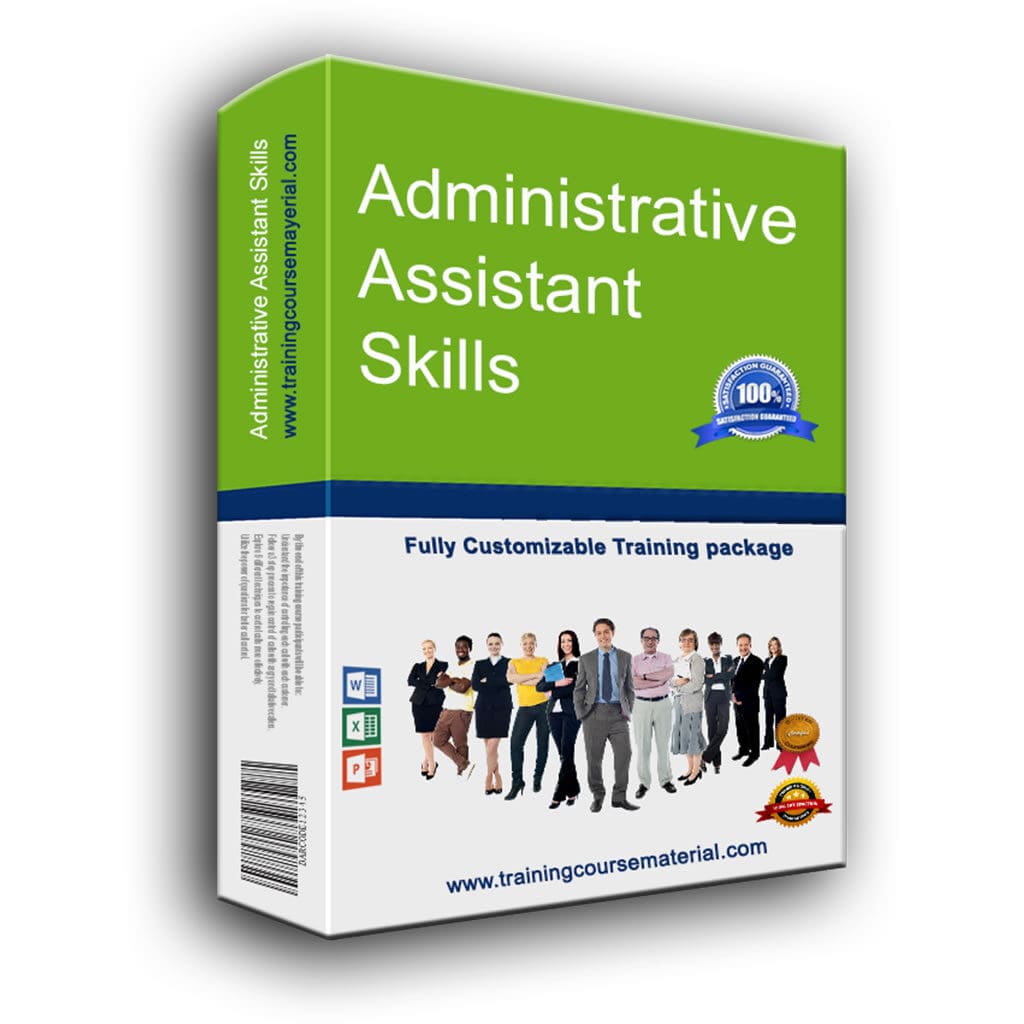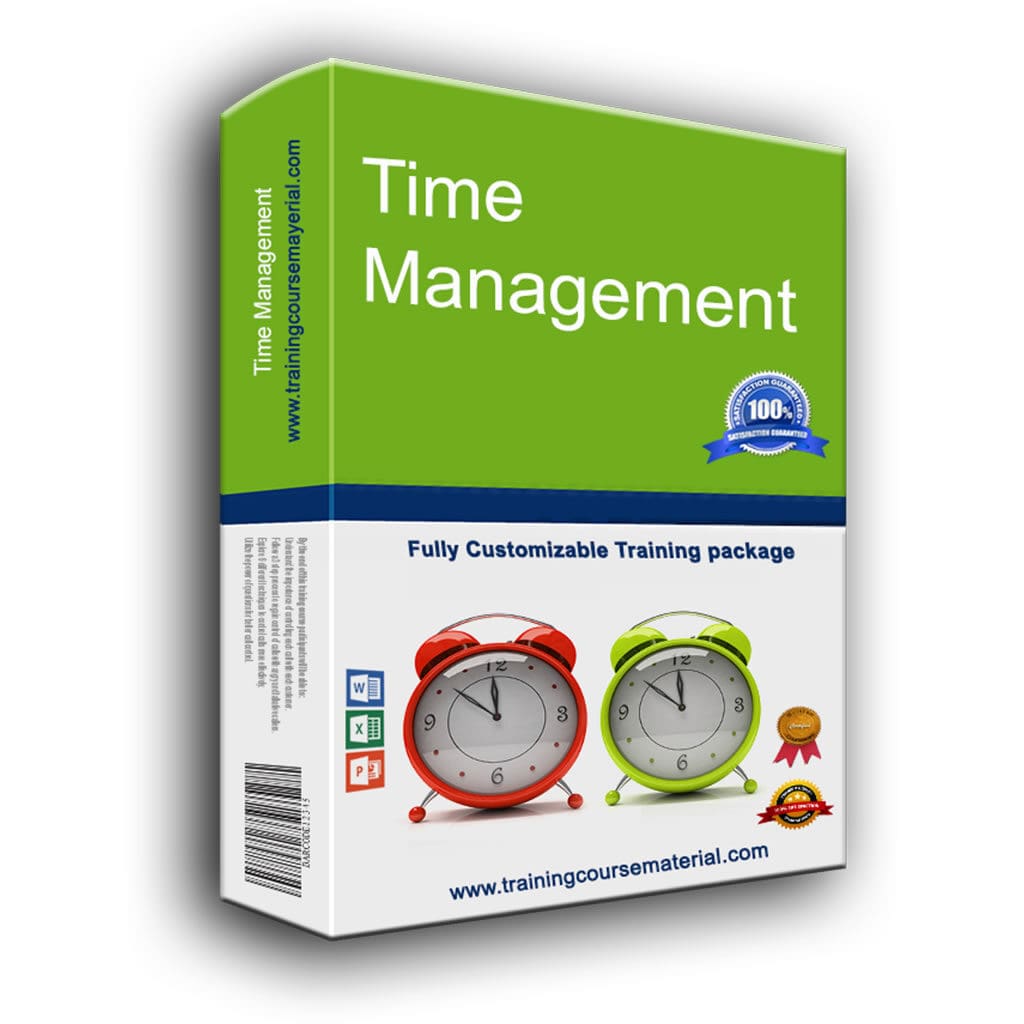Skills and Qualities of a coach
What's the Main Purpose of a Coach?
The main purpose of a coach is to work with individuals to improve their performance in a specific area or skill.
Key tasks and responsibilities:
-Identifies development needs.
-Explains the coaching process to coachees, line managers and other stakeholders.
-Assists with the setting of learning goals and action planning.
-Uses a range of learning experiences to improve performance.
-Provides feedback for the coachee, based upon observed behaviour.
-Challenges the coachee’s perception of his or her abilities.
-Helps the coachee to identify problems and possible routes to a solution.
-Supports the evaluation process by encouraging the coachee to assess progress against his or her learning goals.
-Helps the coachee to motivate self to achieve his or her learning goals.
Required skills/abilities
-Planning and time management;
-Analytical interpretation;
-Negotiation;
-Interpersonal skills;
-Building rapport
-Giving Feedback
-Active listening
-Asking questions/gaining information
-Observation;
-Facilitation;
-Standard and goal setting
-Helping others learn
-Evaluation and review
Required qualities/attitudes
-Supportive, empathetic; patient;
-Positive attitude; respectful; trustworthy;
-Honest;
-Belief in people’s potential; confident;
-Objective and non-judgmental; sensitive;
-Interested;
-Perceptive;
-Self-aware;
-Attentive;
-Retentive.
Required knowledge:
Coaches require some knowledge of the subject that they will be coaching and specifically need to understand the expectations of performance; they do not need to be subject and/or technical experts. They also need knowledge of how adults learn and the theories of learning, along with the process of coaching.See also: Different types of coaches
Source: The Coaching Handbook: An Action Kit for Trainers & Managers by Sara Thorpe and Jackie Clifford
For more on coaching check out our Coaching People for Better Performance instant download training package.
Coaching & Feedback Related Articles
- Coaching for better performance
- Qualities & Skills of a coach
- Why coaching and feedback goes wrong?
- GROW Coaching Model
- The Body Coaching Model
- Giving Feedback
- Receiving Feedback
- Giving Negative Feedback
- Top 10 Feedback tips
- STAR feedback model
- The 10 Coaching Commandments
- Different types of coaches
- Giving feedback as part of coaching
- Choosing an area to coach to improve performance
- Coaching/Training/Counselling/Mentoring - Clearing out the confusion
- What is coaching all about?

34 Full Courses & 6 Mini Courses
Get all available programs
& save ...!!
Price: $4499.95 $2995.95
Great Value For Money
Read More
Are You a
Visual, Auditory or Kinaesthetic ?
How well do you
cope under
pressure?
.
Are You A
people person?
.
Forward looking, or
Stuck in a time
warp?
How content
are you?
.
How soft-centred
are you?
.
Find Out
Your Leadership
Style
How
Emotionally intelligent are You ?

|
+ | 
|
The Presenter-Trainer Package®
Train The Trainer
Presenting With Impact
Price: $359.95 $299.95
SAVE $59.95
Read More
Retail Excellence Series®
3 Complete Courseware
Packages in 1
Frontline Retail Selling Skills
Retail Sales Planning & Forecasting
Passionate Retail Experts
Price: $539.855 $349.95
Pay for 2 Get 1 Free
Read More
Sales excellence series®
3 Complete Courseware
Packages in 1
Sales Management
Professional Selling Skills
Sales Territory Planning & Routing
Price: $539.855 $349.95
Pay for 2 Get 1 Free
Read More
Call Center Excellence Series®
4 Complete Courseware
Packages in 1
Handling angry and difficult callers
Call control
Find a way to say YES!
Successful telephone debt collection
Price: $719.95 $449.95
Pay for 2 programs and Get 2 programs Free
Read More
Communication Excellence Series®
4 Complete Courseware
Packages in 1
Communicating with clarity and impact
Negotiating for results
Conflict resolution
Presenting With Impact
Price: $719.95 $449.95
Pay for 2 programs and Get 2 programs Free
Read More
Customer Service Excellence Series®
5 Complete Courseware
Packages in 1
Vision, Energy & Passion To Serve
Pathways to service excellence
Find a way to say YES!
Passionate Retail Experts
Setting others up for success
Price: $899.75 $599.95
Pay for 3 Get 2 Free
Read More
Instant Download
Training packages
Price: $199.95 $179.95
No matter who you are, we all have 168 hours each week. Your ability to best utilize those 168 hours will ultimately determine your success. Using self-discovery, hands-on activities and innovative concepts, throughout this high energy training program, participants will learn how to get better control of their time and their life in general.
Price: $199.95 $179.95
A highly engaging one-day training program packed with a plethora of fun activities and games focusing on the key characteristics of high performing teams.
Price: $199.95 $179.95
All you need
to deliver a great training!
Our training material packages come with all you need to provide
a professional and accelerated learning solution with

High Impact
Power Point Slide Deck
To support immersive learning, a high impact professionally designed power point slide deck to engage trainees at all levels.

Student
Workbook
A comprehensive reference workbook you can give out to your class participants as a quick future reference.

Trainer
Guide
With step-by-step clear directions with tips and suggestions on what to say and how to present each slide.

Activity
/Exercise Sheets
Various training material and support documents to help you both explain and debrief the different exercises, activities and games Plus a fun final Jeopardy style review game as a fun ending for your training program.

Additional
Support Documents
To ensure you have all you need to deliver a complete and professional training program, additional supporting documents are included with each full course material package. From training evaluation forms to 5 different certificate templates that you can edit and hand out to your participants at the end of your training.

Job Aids
& Forms
Specific forms designed to extend and reinforce the training that participants can utilize back on the job to help them apply the new learned concepts (Select training material packages)


